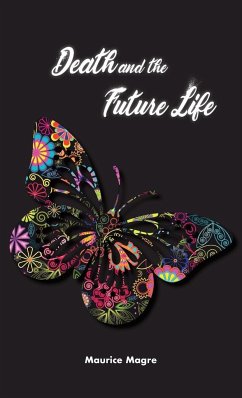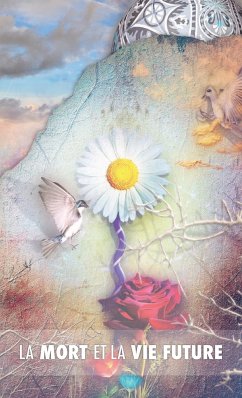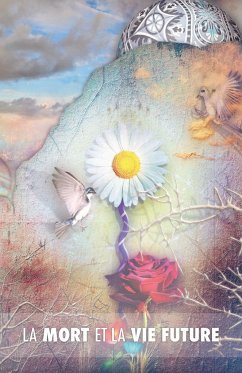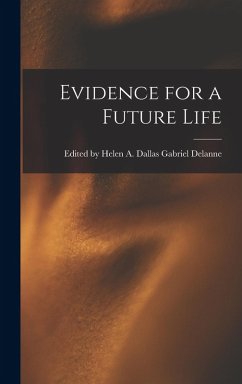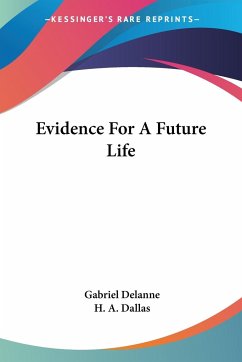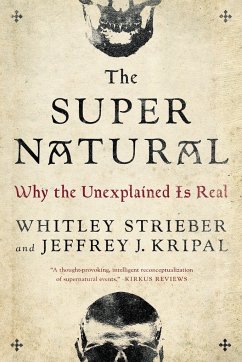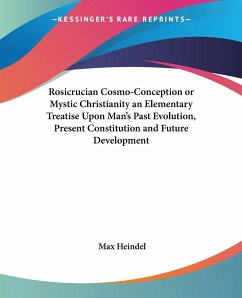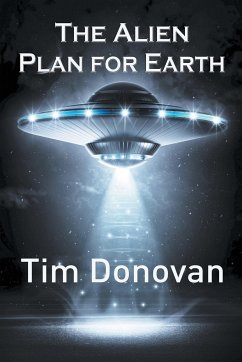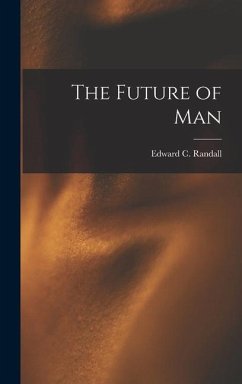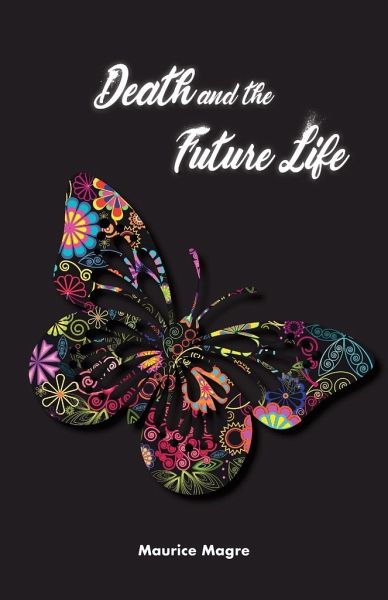
Death and Future Life
the true secret of death, the suicide of men and that of animals, the power of sexuality, perfection through love, the meaning of incarnation, the possibility to choose the next incarnation, the spiritual world
Herausgeber: Adwill, Edward

PAYBACK Punkte
8 °P sammeln!
It is only after the advent of the new idol, science, that men have ceased to admit the existence of a higher intelligence. This condition has become an absolute dogma, even for today's most occultists and theosophists. However, in light of recent discoveries, it is shown that men have no other future than to become perfect, and their goal is not to escape from humanity but attain its -illusory- summit. How is the metamorphosis called "death" carried on in the afterlife? For thousands of years, Hindus have thought that innumerable incarnations and asceticism to reach a superhuman perfection we...
It is only after the advent of the new idol, science, that men have ceased to admit the existence of a higher intelligence. This condition has become an absolute dogma, even for today's most occultists and theosophists. However, in light of recent discoveries, it is shown that men have no other future than to become perfect, and their goal is not to escape from humanity but attain its -illusory- summit. How is the metamorphosis called "death" carried on in the afterlife? For thousands of years, Hindus have thought that innumerable incarnations and asceticism to reach a superhuman perfection were necessary to attain the status of God. Many Greek philosophers have estimated that the practice of virtues, along with daily wisdom with moderate participation in the pleasures of life, were sufficient to enable men to attain the highest degree of human life. Animated by decades of extensive research on the subject of the metamorphosis of death, the author, Maurice Magre, has a unique goal: "I want the diseased to stop fearing death, the old man to think of his future youth, the dying to see the liberating light at the end of the tunnel, and families to sing with joy at funerals."



